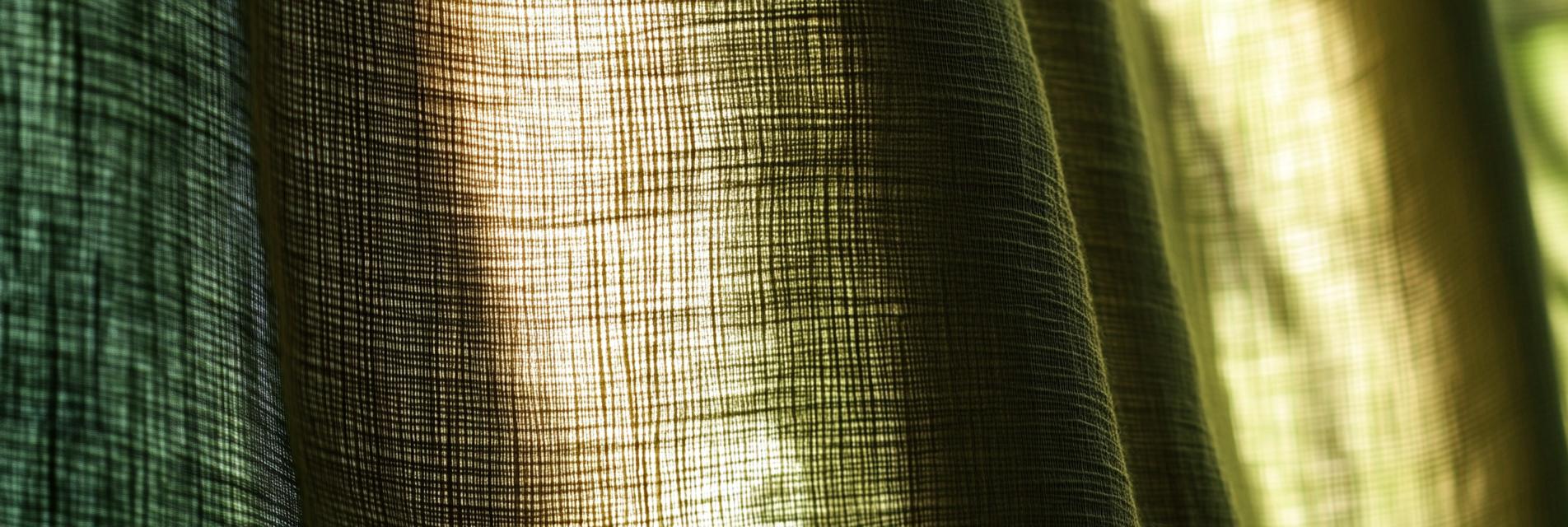The bamboo yarn knitted fabric market is experiencing significant growth driven by the rising demand for sustainable and eco-friendly textiles. As consumers become more aware of the environmental impact of their choices, the market for bamboo yarn fabrics is expected to flourish. This article provides an in-depth analysis of market trends, opportunities, and challenges.

The textile industry is witnessing a transformative shift towards sustainable practices. Bamboo fibers are celebrated for their natural antibacterial properties and biodegradability. Furthermore, the versatility of bamboo yarn allows for a wide range of knitted fabric applications, from fashion to home textiles, catering to diverse consumer preferences.
The increasing focus on sustainability presents numerous opportunities for manufacturers and retailers. Businesses that adopt eco-friendly practices and prioritize bamboo yarn in their product lines can capitalize on growing consumer demand. Collaborations with sustainable brands and investing in marketing strategies highlighting these benefits can enhance market presence.
Despite the opportunities, there are challenges that businesses may face. The fluctuations in raw material prices and competition from other sustainable textiles can impact profitability. Additionally, educating consumers about the benefits of bamboo yarn over conventional materials remains a hurdle that industry players must overcome.
In summary, the bamboo yarn knitted fabric market presents promising opportunities fueled by a demand for sustainable textiles. Companies that effectively address challenges and promote the eco-friendly advantages of bamboo fabrics will find themselves in an advantageous position to capture market share. As the industry continues to evolve, staying informed about market trends and consumer preferences will be key to success.
